Growing Your Market Share with Cars Off the Street - A Case Study

Fallout from the lockdowns of 2020 continue to be felt in the form of chip shortages and supply chain issues. New cars simply aren’t making it onto the lots but with a consumer base eager to buy, dealerships have had to get creative if they want to stay afloat.
Luckily, dealerships have a long history of getting creative when it comes to surviving in tough times.
One of the most effective ways dealerships have found to keep cars coming in has been turning to private sellers. Not only has this approach helped dealerships maintain turnover, it also has become a surprising source for referrals and new customers.
Well, only surprising to some.
Why Private Sellers Are the Key to Supplying Your Used Inventory
Buying from private sellers may seem like a hot new trend, but it’s something that acquisition experts have been doing for decades. And dealers which had a seasoned internal process for private seller buys coming into the pandemic have benefitted the most through this shortage of vehicles to sell.
Take Spokane Hyundai for instance which from July to November of 2020 netted more than $64,000 in profit from 24 vehicles acquired off the street. That was nearly a 6x return on investment for the store in only four months.
“In four months, we saw $76,034 in gross profit, plus at least four retail sales,” says Dealership Principal Greg Churchill. “This represented a net profit increase in pre-owned of over $60k in a four month period,” Churchill explained.
But success like this doesn’t come overnight. The Hyundai store is one of three that Churchill owns reaching from British Columbia to Calgary, and he has been developing its private seller strategy for several years.
Connecting With Private Sellers - 3 Key Fundamentals
While some dealerships are struggling to find their feet with what they see as a new way of doing business, others have already built their reputation on the success of acquiring vehicles from the private market. So if you are new to the game of acquiring cars from the public, there are some lessons to learn from those who have been at it a while. Here are a few key fundamentals:
- Offer to buy without obligation: Letting sellers know you’re willing to buy their car even if they don’t buy from you is a strong way to build trust and confidence in the deal. A low pressure, non-traditional sales approach often works best.
- Emphasize your value propositions: Many sellers may be initially wary of selling to dealerships, believing they can get a better deal through private buyers. But communicating the benefits of working with a trustworthy dealership will help sway them.
- Keep following up: While you don’t want to pester sellers, staying on their radar is important in making the deal. Even if you’ve received a no, you can still circle back after 7, 14, or 28 days and if their vehicle still hasn’t sold, they may be more willing to make a deal rather than waiting for a different offer.
When private sellers list a car online, they are often leery of working with a dealership. This is the first challenge dealerships need to overcome when dealing with the private marketplace. The key is in being up front and transparent.
Seasoned acquisition specialists know that connecting with sellers early won’t necessarily result in a deal every time, but it can be the beginning of a longer term relationship. Plus it leads to other relationships by way of referrals.
Private sellers likely won’t take your first offer, but as long as they hear you out, you can plant that seed and begin building a rapport. What’s more you can make them an offer to simply keep in mind as they try to sell the car themselves. That way they know they have a good offer in their back pocket while they attempt to sell the car privately.
When looking for cars through private sellers, it’s easy to think the newest listings are the hottest leads. But VAN Performance Manager Jennifer Poudrier says that's the wrong thing to do.
"I completely disagree on [focusing on the newest listings],” says Poudrier. Instead, she suggests looking for cars that have recently had a change in price. “One of the things I suggest is to [skip] those first listings and go to page two. I have gone into a few of my dealers and I've used our price change filter and [show] them that this person just dropped that price you know they've dropped it down to three.”
Get the Free Case Study Today!
The long and short of all this is that finding and connecting with private sellers gives dealerships access to more unique vehicles, leads to new business, and positions the dealership as the go-to place for everything automotive.
Regardless of pandemics and chip shortages and supply chain issues, dealers need quality cars they can sell, and acquiring them from private sellers off the street is a tried and true best practice that has only been enhanced with good data and modern technology.






